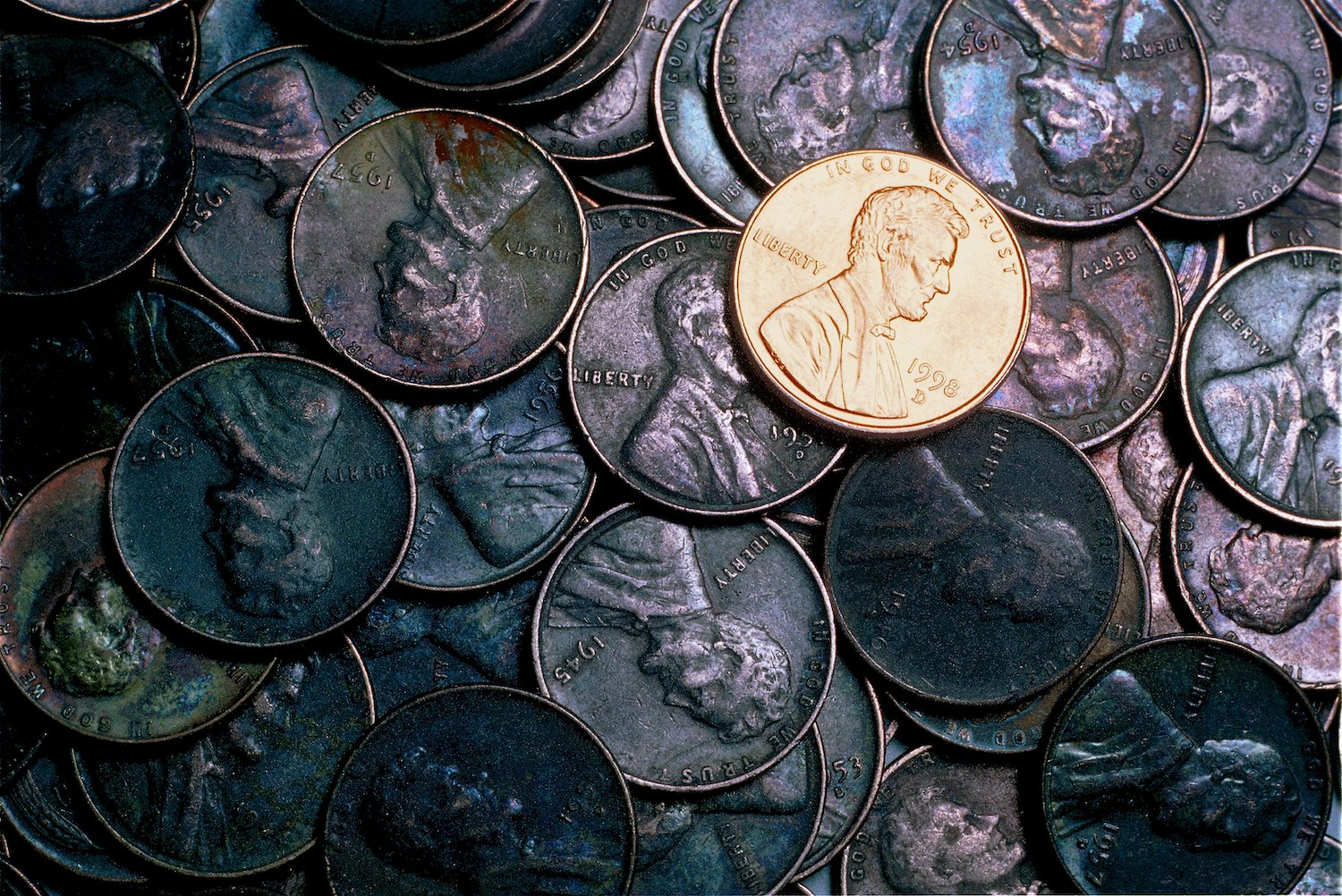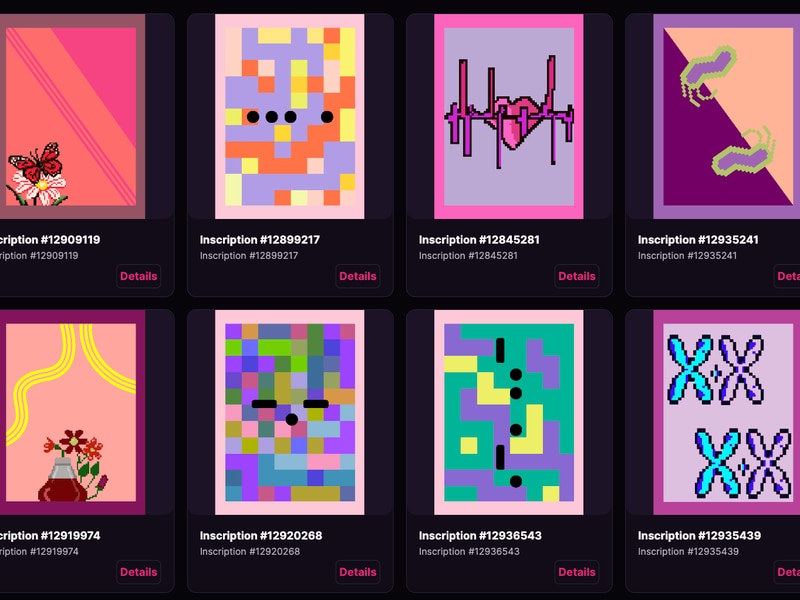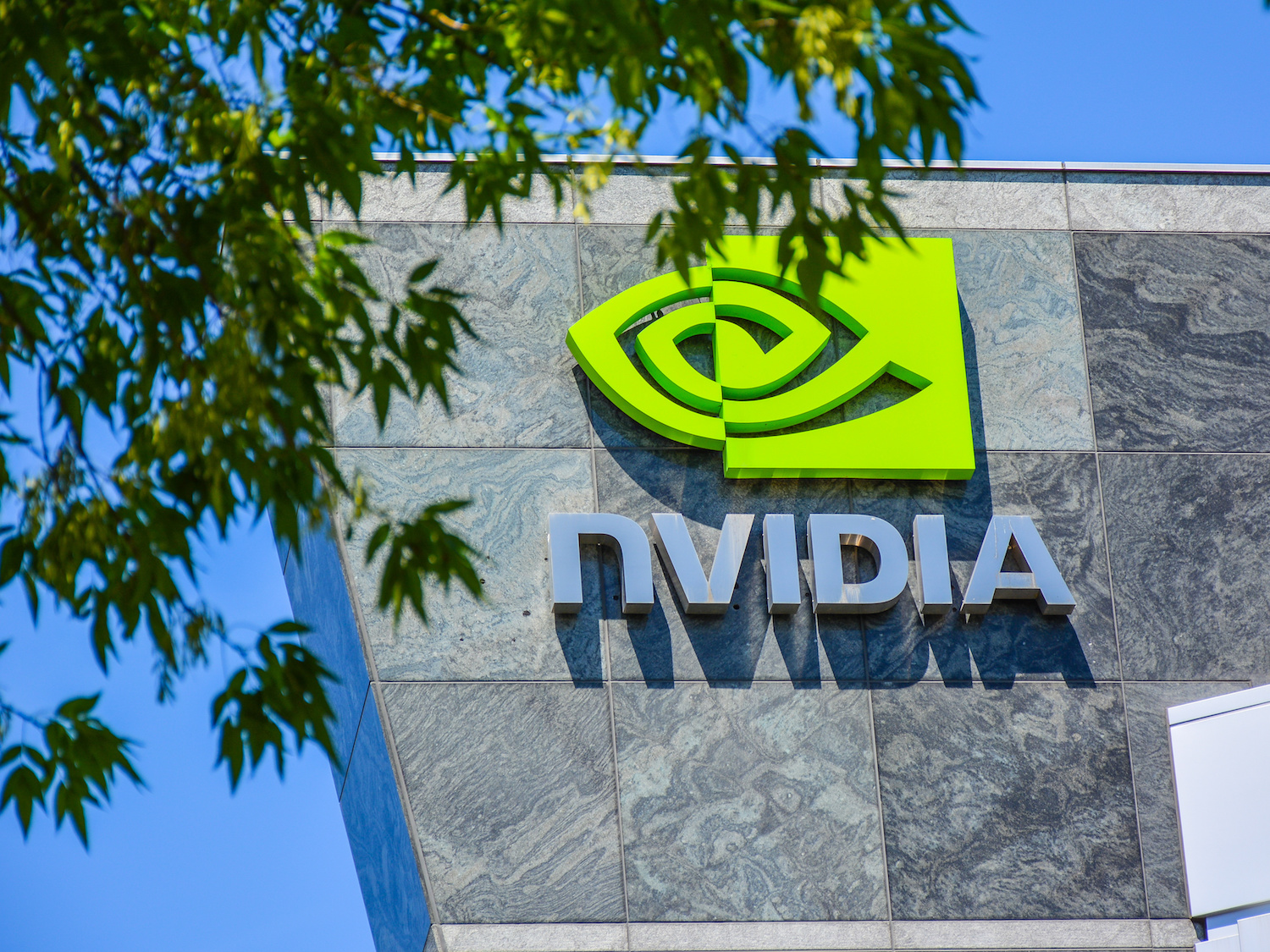Blockchain Bites: Bitcoin’s Run, Uniswap’s Hemorrhaging Value, Anchorage’s Banking Bid
Blockchain Bites: Bitcoin’s Run, Uniswap’s Hemorrhaging Value, Anchorage’s Banking Bid
Bitcoin is nearing all-time highs in price and market cap last set three years ago. Anchorage has applied with the OCC for a national bank charter. Community members have proposed a vote to reinstate Unsiwap’s liquidity mining program.
Top shelf
15% below
Bitcoin traded above $17,000 Tuesday at 12:00 UTC for the first time since Jan. 7, 2018, according to the CoinDesk 20 price index. This move puts the cryptocurrency 15% below its all-time high of $20,000 set in December 2017, and up nearly 130% on the year. The rise also pushes bitcoin’s total market capitalization to over $315 billion, just short of its $335 billion record. Despite BTC’s strong performance, exchange trading volumes remain relatively unimpressive. Take Coinbase’s BTC/USD trading pair for instance, which has seen flat monthly volumes since June.
Origin unknown
Stablecoin project Origin Dollar (OUSD) lost nearly $7 million worth of crypto in the latest sophisticated exploit of a decentralized finance (DeFi) protocol. At 00:47 UTC Tuesday, an unknown attacker utilized a flash loan and flaws in OUSD contracts to initiate what is known as a “rebase,” according to the protocol’s team. The attack artificially inflated the supply of OUSD tokens within the protocol before swapping the newly printed tokens on SushiSwap and Uniswap for USDT. The team has since disabled deposits and the price of the project’s native token was down 85% on the news.
Crypto-native bank
Crypto custodian Anchorage is looking to convert a part of its business into a nationally chartered bank. In a notice dated Nov. 9, Anchorage applied to the U.S. Office of the Comptroller of the Currency for a national charter to become, if approved, the first crypto-native bank regulated at the federal level. Nathan McCauley, Anchorage’s co-founder and CEO, told CoinDesk the company is looking to “serve the emerging needs of large banks looking to integrate crypto” with the license, which would give Anchorage the clear authority to act as a “qualified custodian” for institutional investors in all 50 states.
Galaxy’s fund
Crypto merchant bank Galaxy Digital will launch a bitcoin fund in Canada, called the CI Galaxy Bitcoin Fund. According to a Monday press release, the fund’s preliminary prospectus has been approved by the nation’s securities regulator for a public offering. Designed in collaboration with CI Global Asset Management, the “closed-end” investment fund will invest directly in BTC and be targeted towards institutional investors. Last week, Galaxy disclosed it had acquired two crypto businesses in a bid to become the “go-to” firm for such investors.
Chump change?
Providing insight into a proposed rule change that would lower the threshold to report crypto transactions to the international regulatory body, a Financial Crimes Enforcement Network (FinCEN) policy specialist said criminals are conducting cross-border payments using smaller amounts of cryptocurrency. Last month, authorities submitted a proposal to amend the “Travel Rule” requiring banks and digital asset service providers to collect and store information related to crypto or fiat transfers of at least $250 that go outside the U.S. (down from $3,000). That said, FinCEN is seeking comment “from the industry as we are examining all the different technologies and business models operating in this space, whether it’s decentralized exchanges or related applications,” the agency expert said.
Quick bites
- As DeFi grows, investors look to Polkadot as the next Ethereum. (CoinDesk)
- Mask Network allows users to send encrypted messages, cryptocurrencies and even dapps over Twitter and Facebook. It just raised $2 million from Balaji Srinivasan, Alameda Research and others. (CoinDesk)
- Tether’s blacklistings on Ethereum grew by 130% this quarter. (The Block – paywalled)
- Crypto execs need liability insurance, thinks McLeod Law’s Matthew Burgoyne. (CoinDesk – op-ed)
- In a reminder of crypto’s core value proposition of censorship resistance, Western Union will suspend U.S. dollar transfers to Cuba. (CoinDesk)
Market intel
Outshining gold
Bitcoin is outshining gold by a significant margin. While the top cryptocurrency by market value has risen 22% to cross $17,000 this month, the precious metal is up just 0.5% at the current price of $1,890 per ounce.
‘Digital silver’ flips
Litecoin jumped to nine-month highs early on Tuesday, replacing bitcoin cash as the seventh-largest cryptocurrency by market value. The cryptocurrency, sometimes called “digital silver,” rose approximately 10% to $75.77 during the Asian trading hours, a level last seen on Feb. 24, according to the CoinDesk 20. With the jump, Litecoin now has a market capitalization of $4.90 billion, higher than bitcoin cash – which underwent a hard fork on Sunday – at $4.67 billion.
At stake
Governance vote
Uniswap, the decentralized market maker at the center of this year’s DeFi boom, has ended its liquidity mining subsidy.
Instituted in September in a bid to regain market share from the upstart protocol SushiSwap, Uniswap allocated approximately 20 million UNI to four mining pools – ETH/USDT, ETH/USDC, ETH/DAI, and ETH/WBT.
SushiSwap, a genetic clone of Uni, burst on the scene as a fully decentralized (read: not venture-backed) market maker, offering the one thing Uniswap lacked: a governance token.
Sushi planned to attract Uniswap users by offering steep rewards for those that migrated to its platform. Uniswap responded to the threat by airdropping some 1 billion UNI governance tokens to community members, team members and investors, and instituting the liquidity mining program.
Since launch, Uniswap’s token has been an experiment in community governance. Recently, a proposal with popular support to further disseminated UNI tokens to those kept out of the initial airdrop fell short by less than 2.5 million “votes.”
Now, the community is facing another vote to reinstate the liquidity mining program. On Monday, Audius strategy lead Cooper Turley and pseudonymous “monet supply” Monday presented a proposal to reinstate the program at a diminished scale.
The proposal will have to pass a series of governance polls before farming restarts Dec. 4. Uniswap’s total value under lock (TVL) first broke $1 billion in September after introducing UNI rewards. The AMM peaked at just over $3 billion in TVL on Nov. 13.
Now, facing a tough governance vote, total value on the platform tanked nearly 55% to $1.4 billion at press time, according to DeFi Pulse.
Who won #CryptoTwitter?










